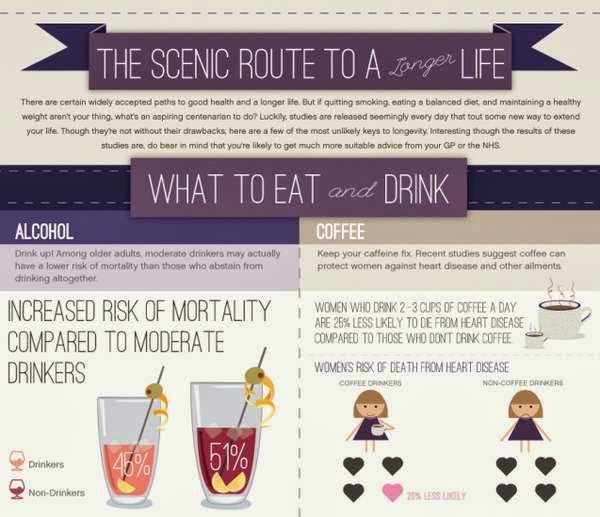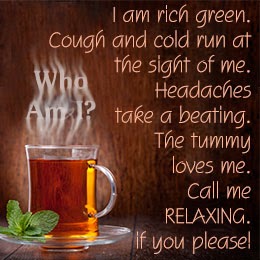You know the advice not to go to the grocery store when you're hungry? According to a new study, perhaps you shouldn't go to the grocery store sleepy, either.
When you lose even just one night of sleep you end up binging on food, especially high calorie food, a new study suggests. Not only does a loss of sleep decrease your self-control and decision-making abilities, but it also seems to make you hungrier.
"We hypothesized that sleep deprivation’s impact on hunger and decision making would make for the 'perfect storm' with regard to shopping and food purchasing—leaving individuals hungrier and less capable of employing self-control and higher-level decision-making processes to avoid making impulsive, calorie-driven purchases," study researcher Colin Chapman, of Uppsala University, said in a press release.
In the tests, adults who spent an entire night with no sleep were given a selection of 40 food items the following morning. They bought food with 9% more calories compared to mornings when they had a night's sleep. Shopping while tired could have a knock-on effect for our overall wellbeing, the researchers warned, as individuals will often purchase several meals during one trip.
The study, published in the journal Obesity, examined 14 men who were of normal weight.
After one night of total sleep deprivation, they were given a fixed budget of around $50 to spend on a display of foods that included 20 high-calorie and 20 low-calorie options.
The experiment was also repeated after they had enjoyed a good night's rest. Before the task, participants received breakfast to minimise the effect of hunger on their purchases. Despite having a full stomach, sleep-deprived men purchased food with nine% higher calories and weighing 18% more than they did after one night of sleep.
"Our finding provides a strong rationale for suggesting that patients with concerns regarding caloric intake and weight gain maintain a healthy, normal sleep schedule," said Mr Chapman. The report concluded: "Our findings demonstrate that participants purchased significantly more calories and grams of food, within the same budget, following sleep deprivation. This is significant as the stocks that one purchases last beyond the acute sleep deprivation, and will influence food consumption choices long after the purchases are made."
They warned their findings could be relevant to shift workers who often lose out on sleep, such as taxi drivers and health workers.
The new study builds on a bunch of older research about sleep and obesity.
- One study, conducted by researchers at the University of California, Berkeley, showed that sleep deprivation not only makes people want junk food more than healthy food, but it also altered brain activity by impairing the decision-making region of the brain and increasing activity in a reward-linked region.
- Researchers from the University of Colorado at Boulder found that people tend to consume more calories from after-dinner snacks if they sleep fewer than five hours a night for a week. The findings are published in the journal Proceedings of the National Academy of Sciences.
- A similar study from University of Pennsylvania researchers showed that getting insufficient sleep at night (four to five hours) is linked with consuming more calories in the form of late-night snacks.
- Researchers from the German Universities Tubingen and Lubeck and Uppsala University in Sweden found that sleep deprivation is linked with feeling hungrier and having higher blood levels of ghrelin (also known as the hunger hormone). The researchers found that the amount of sleep a person gets is linked with feelings of hunger -- meaning, the more sleep-deprived a person was, the more hunger he or she felt. In addition, the findings suggested that when a person stayed awake for a whole night, it decreased the amount of energy use performed by the body while resting. People who had disrupted sleep the night before also had less physical activity the following day.
- Another study from Northwestern University showed that people who regularly stay up late are also more likely to eat unhealthier food, weigh more and eat more during the evening, compared with people who go to bed early. That study, which was published in the journal Obesity, showed specifically that people who regularly go to bed late and wake up late consume an added 248 calories a day than people who go to bed early and wake up early.
Sources: http://www.huffingtonpost.com/






.jpg)



















